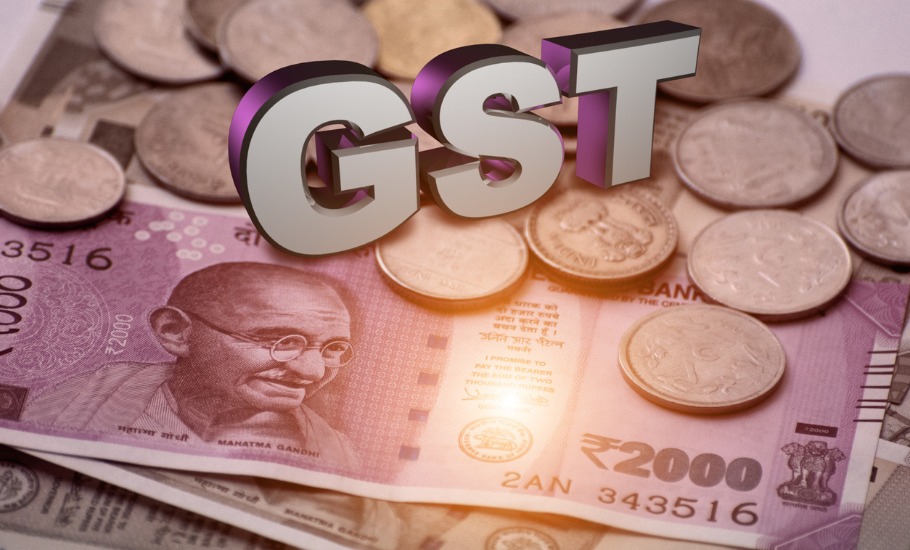
'Tax policies in democracy should be reflective of people's aspirations'
The states and Centre could not agree on levying 0% Goods and Services Tax (GST) on COVID-19 treatment-related products at the GST Council meeting held on May 28.

The states and Centre could not agree on levying 0% Goods and Services Tax (GST) on COVID-19 treatment products at the GST Council meeting held on May 28.
Council members (ministers) of some states vociferously argued for a continued tax levy on such products.
The GST Council needs 20 states to pass a resolution if voting is required. The rules of voting in the GST Council are such that the odds are anyways stacked in favour of the Centre in the normal course.
However, in case of a vote, any disagreements within the ruling coalition at the Centre may bring its support below the three-fourths majority that is needed for the passage of a decision.
Voting in the GST Council is a rare feature, which was resorted to only once so far to decide on the taxation of lotteries when northeastern and southern states had expressed different views. The precedence has been to take decisions by consensus, but the strained finances of the central and state governments threaten this tradition.
So, is the idea of One State – One Vote in the GST council tenable today?
We at The Federal speak with Praveen Chakravarthy, Data Scientist and chairperson Data Analytics at the Indian National Congress, to know more.


